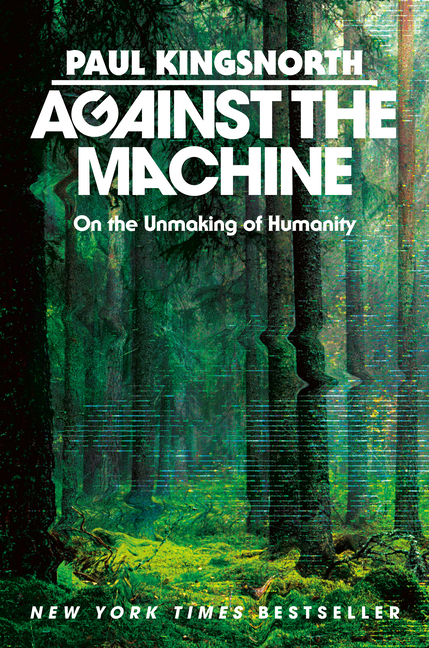If Against the Machine is one of the most insightful works on culture, technology, and the environment published in some time—and I believe it is—it is not so much because Kingsnorth is persuasive, or likely to win acolytes to his cause. It is not even because I think the limits he chooses to draw are necessarily the right ones. It is valuable because he sees with uncommon clarity that not only nature, but human nature, is being redefined by an anti-limit culture, economic system, and technology sector that treat minds, bodies, and environments as ripe for plundering and optimization in the name of progress ... Against the Machine is not groundbreaking, though it is still valuable as a synthesis of these earlier strains of thought, and as an articulation of the kind of 'reactionary radical' tradition Kingsnorth sees himself as belonging to ... What is novel about Against the Machine is Kingsnorth’s account of what is at stake in the 21st century ... Kingsnorth shows compassion for those struggling with their identity and does not scapegoat them for larger problems in society ... More than a warning about the dangers of technology ... A much-needed reminder that it is still possible for humans, at least as individuals, to say, 'Enough.'
Read Full Review >>

